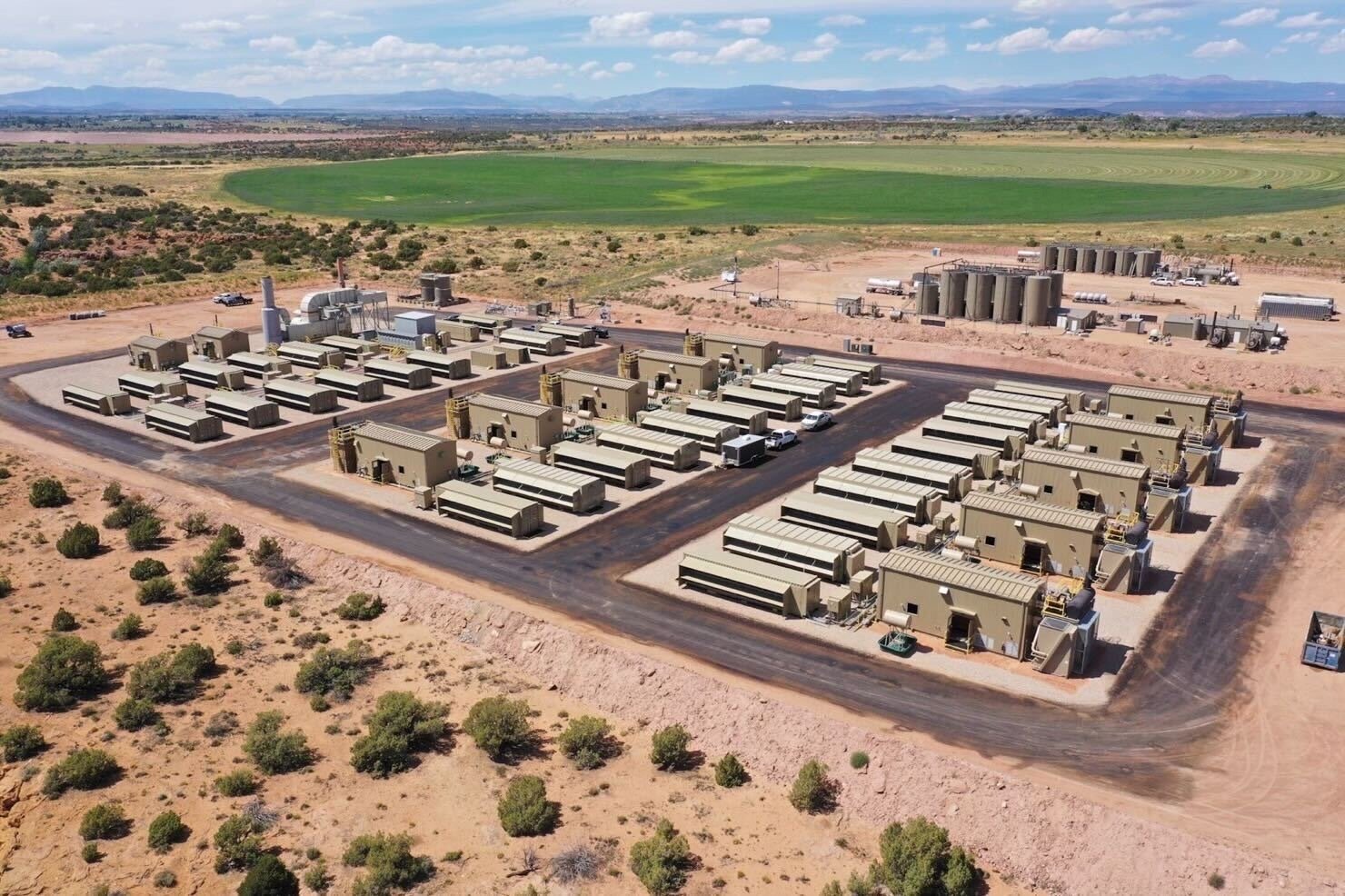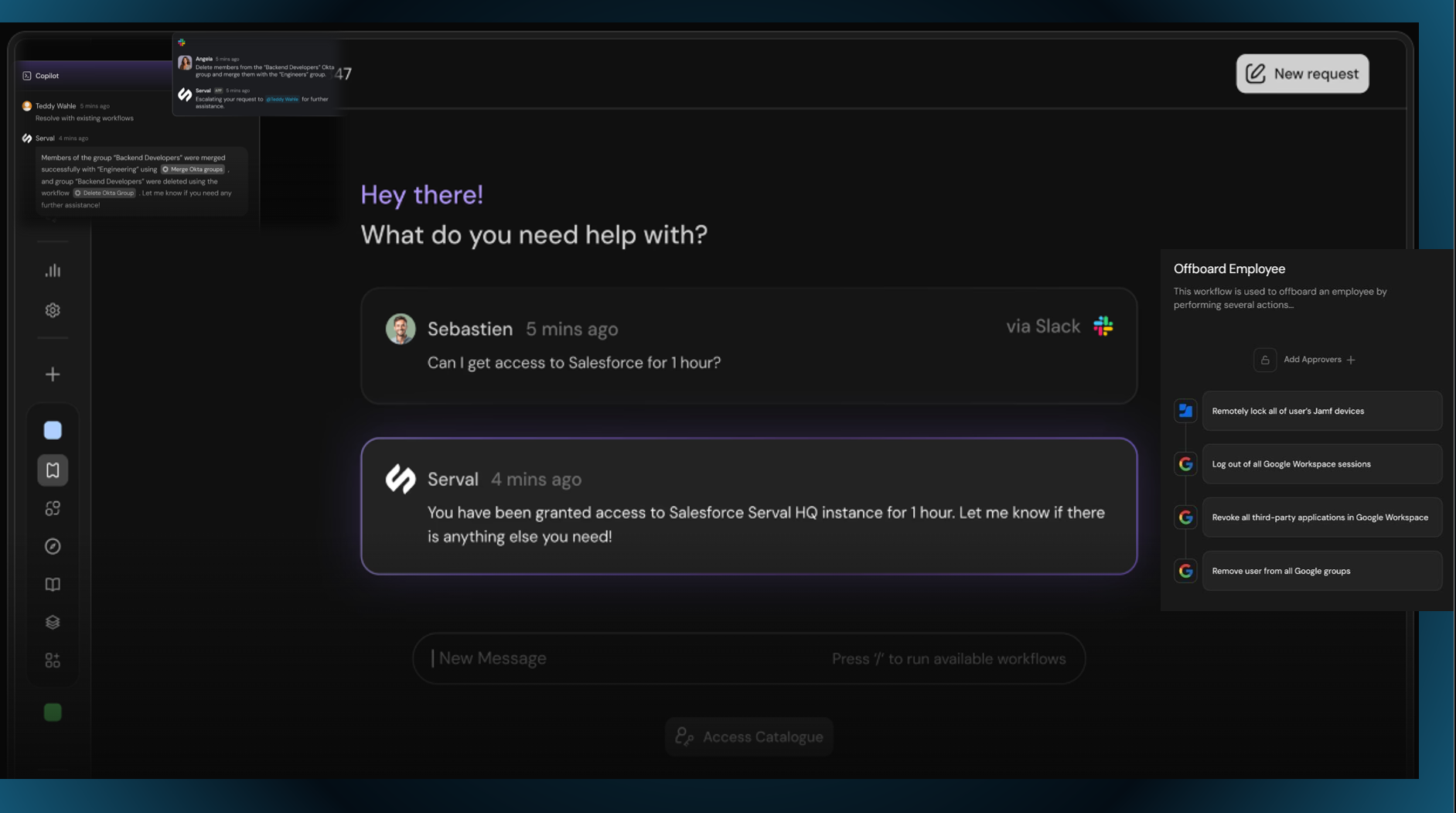We are thrilled to announce Radical Ventures’ investment in Crusoe’s highly oversubscribed Series E financing.
Crusoe is one of the leading developers of the physical infrastructure that underlies and powers today’s AI revolution. Crusoe builds today’s biggest and most cutting-edge AI data centers, like OpenAI’s gigawatt-scale “Stargate” data center in Abilene, Texas.
Crusoe’s unparalleled access to energy, deep vertical integration and supply chain mastery enable it to build data centers purpose-built for AI workloads, or “AI Factories,” as they are often called, on shorter timelines and larger scales than anyone else can. Several of the largest technology companies in the world have partnered with Crusoe to build critical AI infrastructure to meet their near-term needs and support longer-term expansion. Crusoe also operates its own fast-growing cloud business, providing a full suite of cloud computing services to many of the world’s leading AI companies.
Led by CEO and co-founder Chase Lochmiller, a special leader, Crusoe’s team is exceptional, highly interdisciplinary and massively ambitious. Today’s AI infrastructure buildout represents the largest capital investment in the history of human civilization. Crusoe stands at the very center of this buildout.
We believe that Crusoe is positioned to be one of the defining companies of this era of AI. We are excited and privileged to partner with them for the journey ahead.
To learn more about Crusoe’s latest round, see the company’s announcement on their website.
Radical Talks: Purpose Driven Innovation at Palantir
In today’s AI-driven enterprise landscape, few companies have charted as distinctive a path as Palantir Technologies.
This week, Radical Partner Molly Welch sits down with Ted Mabrey, Head of Palantir Commercial and a 15-year veteran at the company. Ted has witnessed Palantir’s unique journey from its early focus on national security applications to its current AI platform powering Fortune 500 companies. Valued at $450 billion, Palantir has maintained a consistent belief in technology’s transformative potential while defying Silicon Valley’s conventional wisdom.
Listen to the podcast on Spotify, Apple Podcasts, or YouTube
AI News This Week
-
VIDEO: Cohere CEO on the Next Wave of Generative AI (Bloomberg Live)
Radical Ventures portfolio company Cohere’s CEO and Co-Founder, Aidan Gomez, discussed the company’s global expansion and approach to AI development on Bloomberg. Gomez emphasized that Cohere’s definition of tech sovereignty centers on control, granting customers the ability to deploy models on-premises so they maintain full data ownership without backdoor access. Gomez contrasted Cohere’s privacy and efficiency-focused strategy with competitors’ massive compute investments, noting that Cohere builds models that fit on two GPUs to serve enterprise customers cost-effectively. With $150 million in annualized revenue and a clear path to profitability, Gomez suggested an IPO could come in the future.
-
Takeda Makes $1B+ AI Bet With Nabla to Build Out Early Pipeline (BioSpace)
Radical Ventures portfolio company Nabla Bio has secured a multi-year partnership with Takeda Pharmaceutical, potentially worth over $1 billion, including milestones. The collaboration will use Nabla’s Joint Atomic Model platform to design de novo antibodies, multispecifics, and custom therapeutics for Takeda’s early-stage pipeline. Nabla also partners with AstraZeneca and Bristol Myers Squibb, with combined upfront and milestone payment values exceeding $550 million across its Big Pharma collaborations.
-
AI Language Models Killed the Turing Test: Do We Even Need a Replacement? (Nature)
Today’s best language models easily pass Turing’s “imitation game,” which tests whether a computer can convince a judge it’s human through text-based conversation. Experts argue that passing the test doesn’t demonstrate genuine understanding or intelligence. While chatbots can mimic human speech convincingly, they struggle with tasks outside their training patterns. Rather than pursuing artificial general intelligence (AGI) benchmarks, some experts advocate for decomposing intelligence into specific capabilities, an approach we covered in our research section in last week’s Radical Reads.
-
The AI Shift: Where are All the Job Losses? (FT)
Despite widespread concerns about AI-driven unemployment, analyses of labour force surveys from the US, UK, and Western Europe consistently find no relationship between AI exposure and employment trends. For example, a new survey from Unionen, Sweden’s largest white-collar union representing 700,000 workers, found that of the two-thirds of companies that have implemented AI (up from 29% in 2023), 80% reported no staffing impact. Current evidence indicates that AI is displacing clearly defined tasks rather than entire jobs that typically require task definition, contextual judgment, and interpersonal coordination.
-
Research: Scaling Large Language Models for Next-Generation Single-Cell Analysis (Yale/DeepMind/Brown/USC)
Researchers trained large language models on 50+ million single-cell gene expression profiles by converting cellular data into text-like “cell sentences.” Scaling to 27 billion parameters, the system matches specialized biology models while adding natural language capabilities. A computational drug screen using the system has replicated experimentally validated predictions in human cells, demonstrating AI’s potential to discover context-dependent drug effects directly from data.
Radical Reads is edited by Ebin Tomy (Analyst, Radical Ventures)





